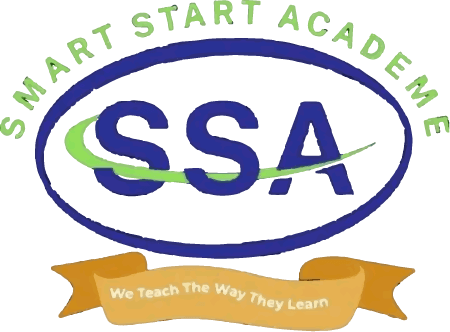ADOS-2 Assessment
Precise Evaluation. Personalized Support.
At Smart Start Academe, we use the ADOS-2 (Autism Diagnostic Observation Schedule – Second Edition) to assess and better understand children who may be showing signs of Autism Spectrum Disorder (ASD). This gold-standard, play-based assessment helps us provide the right support by uncovering strengths, needs, and developmental patterns.
Why the ADOS-2 Assessment Matters
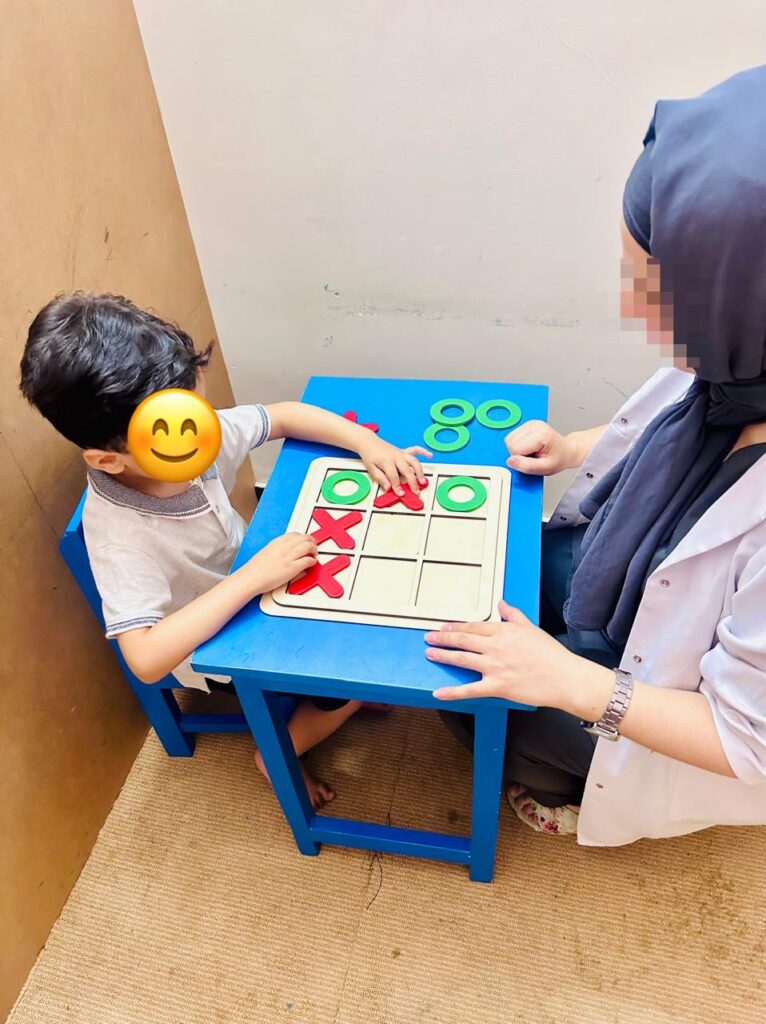
- Structured observation of social and communication behaviors
- Age-appropriate, play-based interaction modules
- Support in confirming or ruling out an ASD diagnosis
- A foundation for building targeted therapy and educational plans

Meet Your Assessor
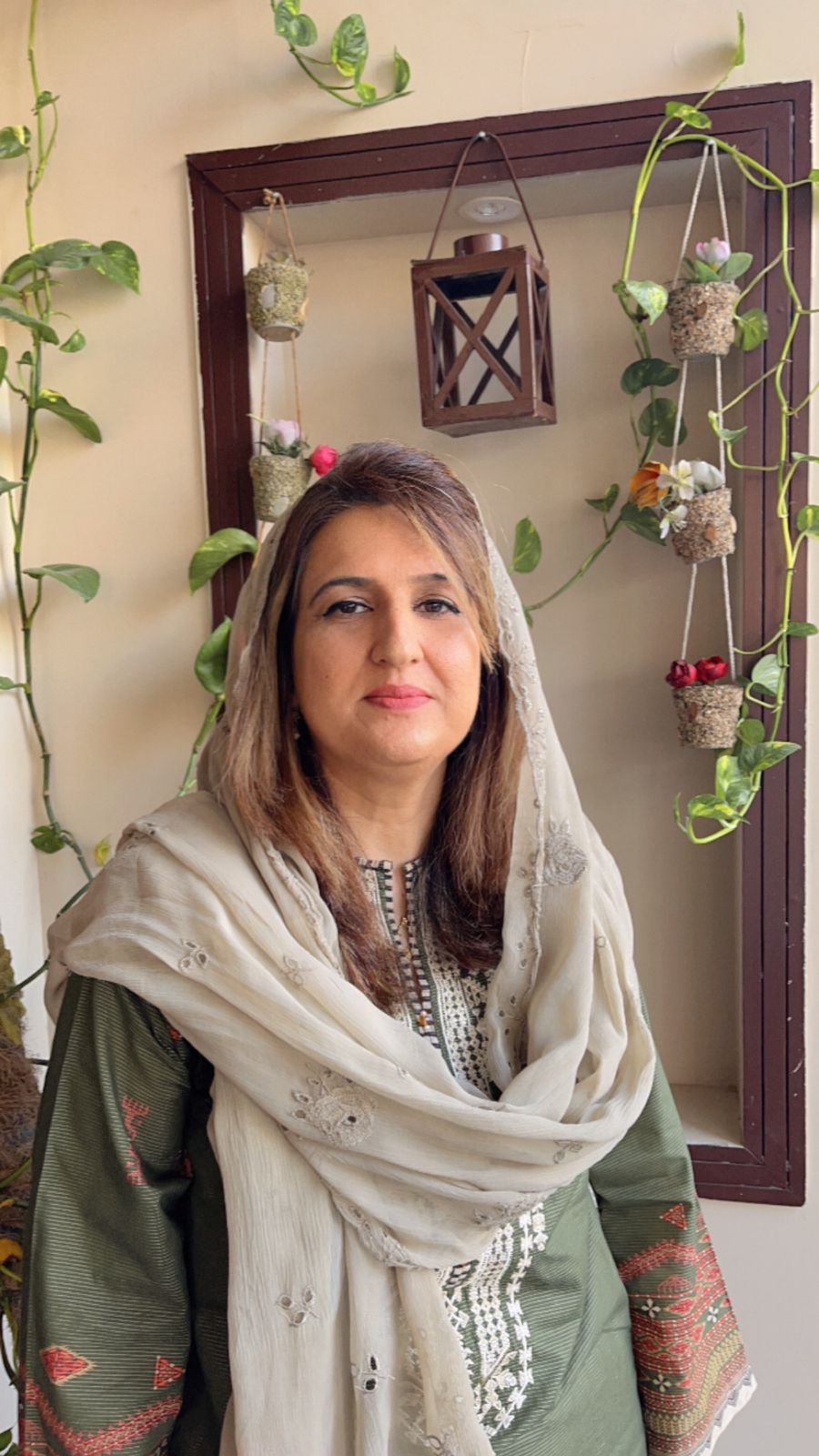
Director smart start academe
Consultant speech pathologist (IMR)
PGD(NIRM)
MA (spl edu)
M.Phil(URS)
RBT(UAE)
ADOS _2 (UK).
With a career dedicated to early intervention and neurodevelopmental care, Saadia Shoukat brings a rare combination of clinical precision and compassionate insight to every child she works with. With over 25 years of experience, she is a certified ADOS-2 assessor and an experienced speech-language pathologist, specializing in identifying developmental differences with clarity—ensuring that each child receives the support they need at the right time.
- Autism spectrum evaluation and diagnostics
- Communication and language development
- Behavioral therapy using Applied Behavior Analysis (ABA) principles Inclusive education and early childhood support
At Smart Start Academe, Saadia leads a multidisciplinary team committed to empowering children through evidence-based therapies, customized learning plans, and family-focused guidance. Her approach is rooted in empathy, driven by data, and shaped by over a quarter-century of hands-on experience across clinical and educational settings.
Our ADOS-2 Assessment Process
- Guided questionnaires and behavior checklists
- Discussion of observed behaviors and milestones
- Conducted in a friendly, non-clinical environment
- Age-specific modules for accurate observation
- No pressure—just guided interaction and observation
We believe in working hand-in-hand with families.
- Diagnostic insights explained clearly and sensitively
- Guidance for therapy, school support, or further evaluations
- Time for parents to ask questions and discuss the findings
Who Should Consider ADOS-2 Assessment?
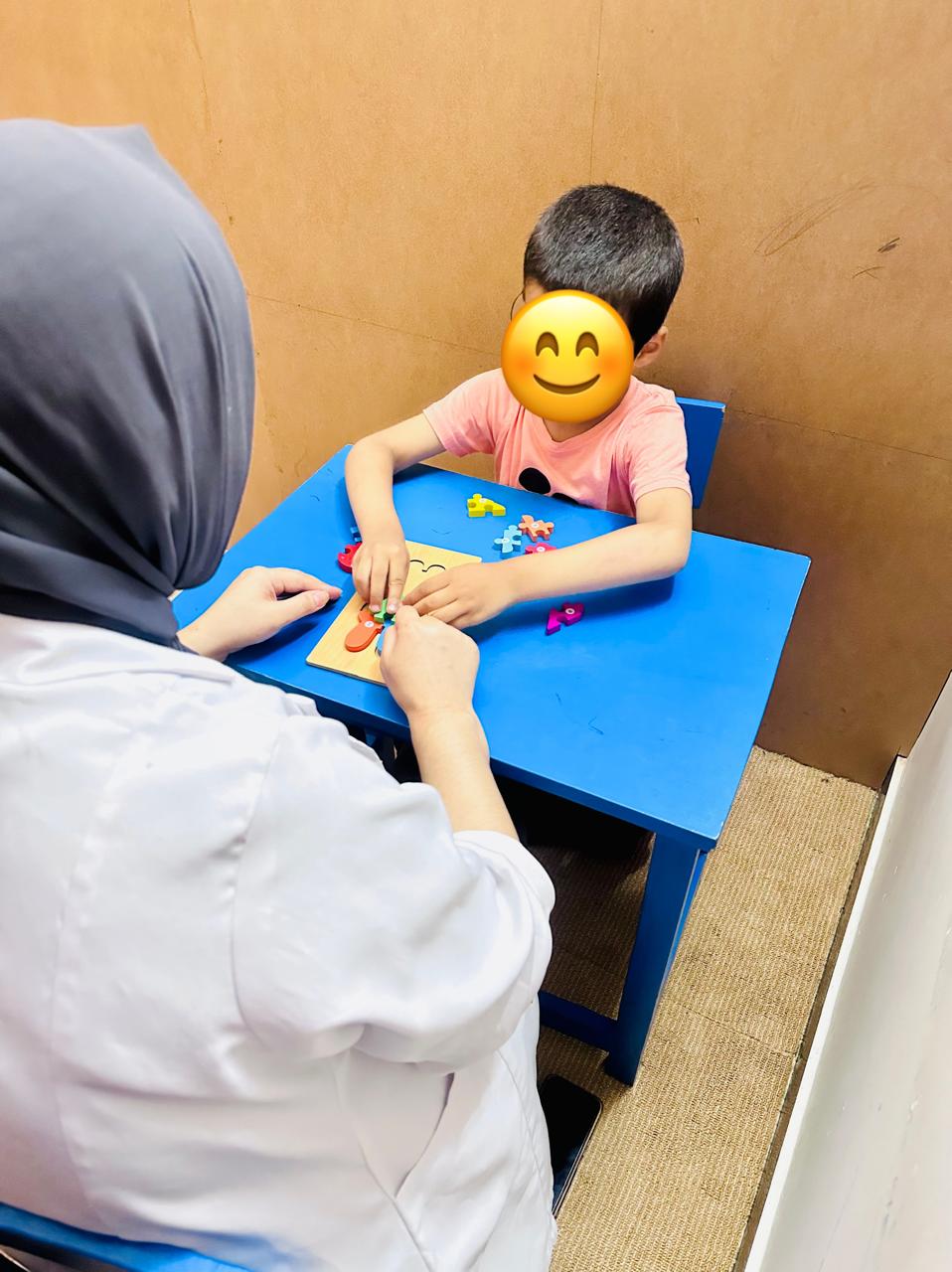
- Those showing signs of delayed social or language development
- Individuals exhibiting restricted or repetitive behaviors
- People with difficulty in imaginative play or peer interactions
- Those who’ve received inconclusive developmental screenings
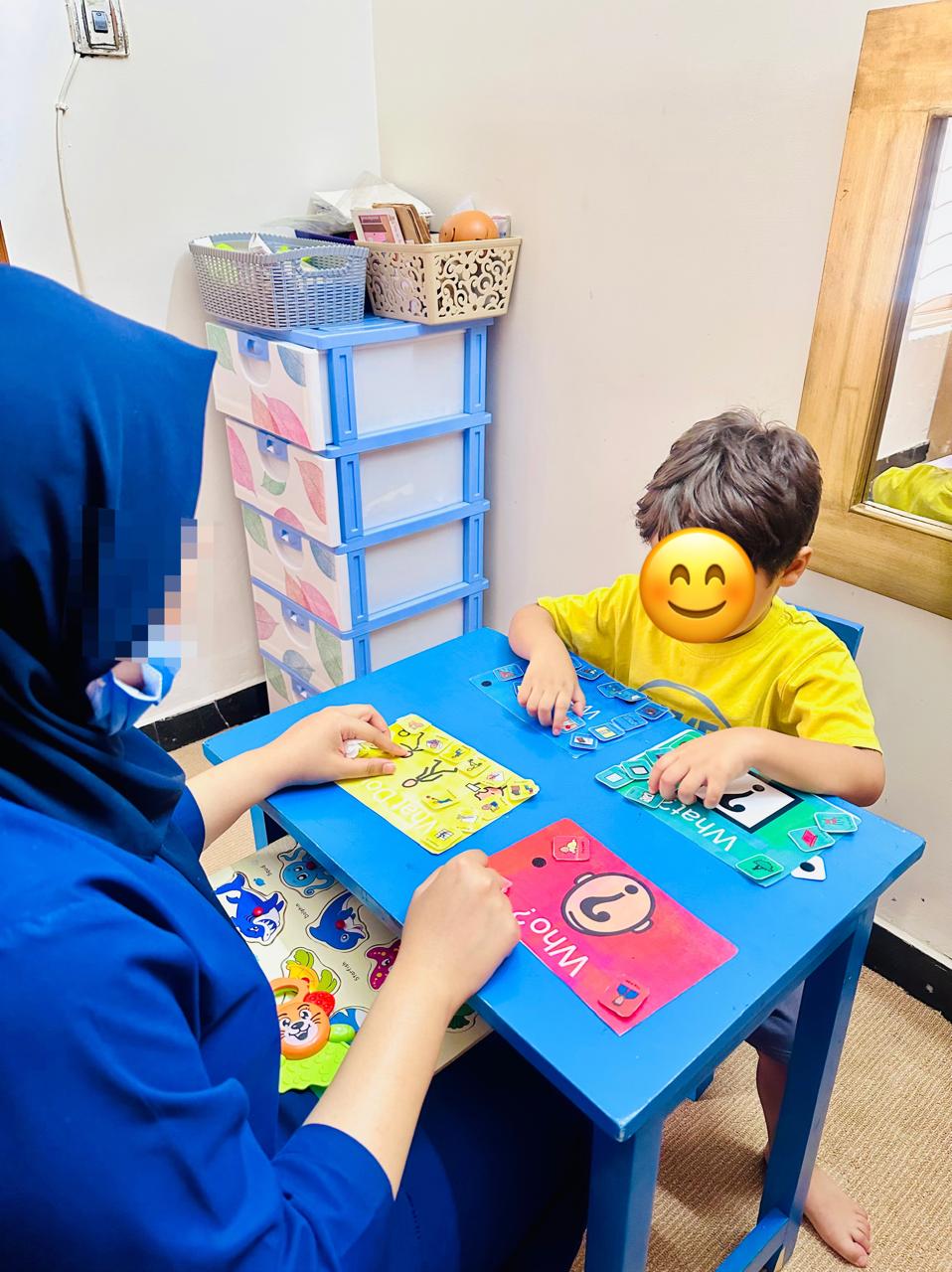
FAQs – Understanding ADOS-2
Yes, all sessions are personalized and conducted one-on-one with certified therapists.
We conduct regular evaluations and share detailed reports and feedback with families.
Absolutely. We encourage parent participation and provide support for at-home reinforcement.
Yes, we primarily offer one-on-one sessions but also provide group therapy when social communication goals align. Group sessions are designed to enhance socializing capabilities, patience, and teamwork. These sessions are regularly held and are tailored to different needs, such as:
- Academic Group Sessions: Focused on improving communication and learning skills in a group setting.
- Speech Group Sessions: Aimed at improving speech clarity, articulation, and language development through peer interaction.
- Behavioral Group Sessions: Focused on developing social skills, emotional regulation, and appropriate behavior in group settings.
These group activities are specifically structured to foster socialization, increase patience, and help individuals work collaboratively, particularly for children in developing their social communication skills.
Yes! Parent involvement is encouraged and welcomed as part of the therapy process. We also offer FREE PARENTAL TRAINING SESSIONS to help you better understand and support your child’s progress. These sessions provide valuable insights into therapy techniques and strategies, ensuring that parents can actively contribute to their child’s development outside of therapy sessions.
Definitely! We provide at-home exercises and guidance to reinforce therapy between sessions.
